Sabrina Butteris, MD
University of Wisconsin School of Medicine & Public Health
In 2010, we came together with a group of pediatric global health education colleagues from seven institutions in the Midwest to share best practices and research ideas. The group quickly recognized the power of collaboration and formed the Midwest Consortium of Global Child Health Educators (MWC), which meets annually. In the early years of the MWC, we realized that while we were each putting substantial effort into preparing our residents for global health rotations, we had not yet found a way to adequately prepare our residents for the emotional challenges that they encountered abroad. It was this realization that led to the development of the original simulation- based SUGAR (Simulation Use for Global Away Rotations) curriculum. The original SUGAR curriculum was piloted at the MWC sites, then refined and rolled out nationally in 2013-2014. Numerous SUGAR spin-off projects emerged in the following months including SUGAR PEARLS (Procedural Education for Adaptation to Resource Limited Settings), a video series about how to perform procedures with supplies commonly found in resource-limited settings. The PEARLS curriculum leveraged the skills of MWC members and the SUGAR platform and officially launched in 2015.
A number of MWC members were involved in a publication through the Association of Pediatric Program Directors Global Health Pediatric Education Group (now Learning Community) that found that only 2/3 of pediatric residency programs offered pre-trip preparation prior to global health field experiences. While within the MWC we had adopted both the original SUGAR curriculum and PEARLS, each institution had a number of other preparatory activities that they used with their residents. Given the lack of a comprehensive preparatory course and the uptake of the original SUGAR curriculum and PEARLS we decided to embark on the creation of S-PACK (SUGAR Pre-departure Activities Curricular Kit). S-PACK combines the emotional preparation that is the heart of the original SUGAR curriculum, the practical hands on skills of SUGAR PEARLS, and a series of activities that round out logistical, ethical, and reflective preparation and practice.
In 2017-2018, MWC members noted a growing interest in immigrant health among their trainees. Similar to S-PACK, we were able to leverage the experience from the member institutions to create the foundation for I-PACK (Immigrant Partnership and Advocacy Curricular Kit). Mirroring S-PACK’s modular and modifiable curriculum framework, I-PACK is a complete package for educators aiming to enhance their trainees’ knowledge, skills, and attitudes in working with immigrant families.
The SUGAR Suite of products can be used as stand-alone curricula or in concert. Within each part of the Suite facilitators can tailor the curriculum to meet the needs of their learners. From the initial conception of SUGAR, we have been committed to providing high quality tools, free of cost to educators invested in better preparing their learners to participate in global health experiences. We hope that you find the SUGAR Suite to be a useful resource and encourage you to adapt it, improve it, develop SUGAR spin-off projects and share your ideas and feedback with us!
Formed in 2010, the MWC is a working study-group comprised of seven institutions who collaborate on global health education initiatives. The SUGAR Suite was developed and piloted under working groups within the MWC.
MissionAdvance the science and implementation of global child health training in graduate medical education through regional multi-institutional collaboration and scholarly output.
VisionFoster new generations of physicians capable of and committed to favorably impacting the health of children in under-resourced areas of the world.
ObjectivesCollaboration, Commitment, Collegiality, Respect, Shared interests, Equal stakeholders, Sustainability, Excellence, Altruism
SUGARPREP was borne with the development of the original simulation-based SUGAR curriculum. Mike and Sabrina had been using simulation in their respective global health programs to develop a resident-led simulation curriculum with an international partner and to help residents learn about medical conditions they were unaccustomed to seeing in the U.S. As we shared our respective simulation experiences with our Midwest Consortium colleagues and reflected on the gap that all seven programs perceived in pre-travel preparation, it led us to ask the question “could we use medical simulation to prepare global health residents for common emotional challenges encountered abroad, rather than just medical preparation?” It was this pivotal moment that led to the development of the SUGAR curriculum.
To develop the curriculum framework, we pooled our shared experience and identified themes that we consistently observed during post-travel debriefing sessions with our residents. We compared these observations with what has been reported in the literature with respect to emotional challenges faced by trainees during global health rotations abroad. We prioritized this list to include the following important emotions: frustration with the lack of resources, floundering when encountering an unfamiliar disease, dealing with failure when things didn’t go as expected, and wrestling with perceived futility, mismatched senses or urgency, and death & dying.
We then set to work to create simulated cases that would mimic resource-limited settings and allow residents to experience and debrief some of these challenges prior to growing abroad, rather than feeling them the first time thousands of miles away. We created eight cases that address the target emotions (“the four Fs”), which were paired with ideal adaptive characteristics that could be attained through skilled debriefing (“the four As”). We developed a streamlined case handout that includes the SUGAR paradigm; in this paradigm the facilitator focuses on introducing realistic obstacles to the learners’ expected interventions mirroring what one might encounter in a resource-limited setting.
 |
 |
The original SUGAR curriculum was piloted at the MWC institutions and has since been rolled out to dozens more through workshops and via our online facilitator training. With the help of SUGAR facilitators from across the country we have expanded the case library to a variety of specialties and clinical and non-clinical settings.
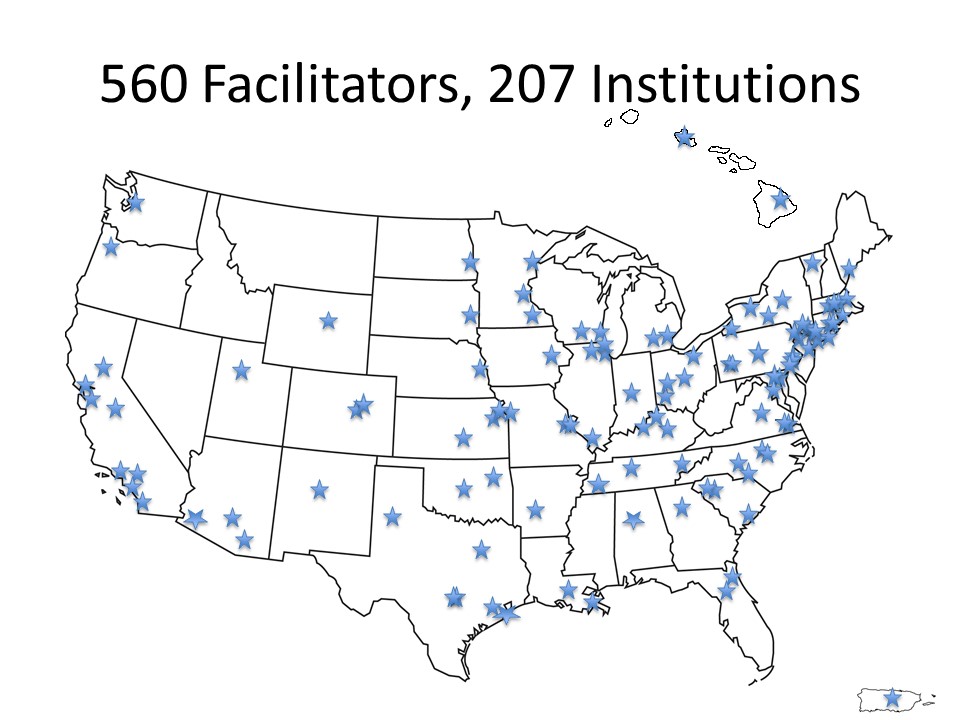
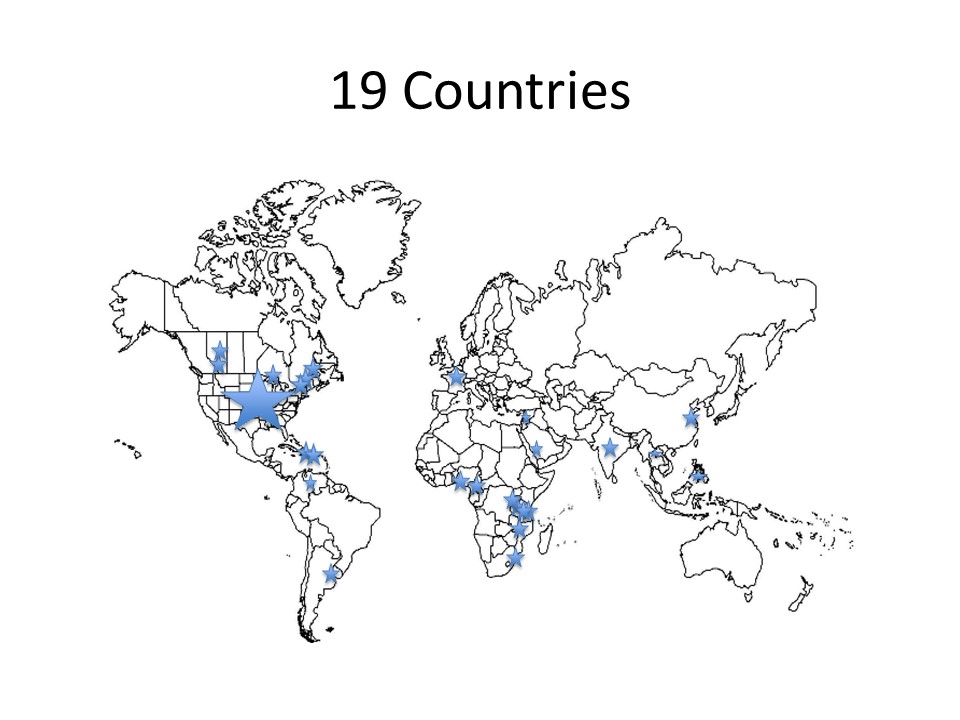
“The simulations get at the emotional aspects of how you’re going to feel when you don’t have the resources you’re used to having. They also allow you to think about [medical issues] we don’t commonly see here. It’s profound how realistic they make it.”
“No matter how much you simulate it, you’re still going to have the emotional experience, and it’s going to be hard. But I was able to identify the emotions, particularly the frustration and helplessness, easier and reflect on it instead of getting more upset. It makes you more adaptable when you have those skills.”
"I was very impressed by my global health simulation experience. The level of immersion within the scenario, with convincing actors using foreign language fluency in a resource-limited environment, led me to feel like I was truly in that environment. It taught me to think outside-of-the-box, while also making full use of whatever limited resources are available to me ‘within the box.’ It was an extremely high-yield experience; I not only feel more capable, I've also recognized weaknesses and am very excited to try my hand at the simulation again."
“This has been a wonderful learning tool for our residents and they really enjoy participating. We have a program with a pretty equal mix of American and international graduates, so it leads to some great team dynamics that are often led by the international graduates who have more experience practicing in conditions with limited resources.”
“It helps prepare the residents for the psychological challenge encounter during their away rotation, and allows them to enjoy the actual learning experience, by having more realistic expectations.”
“Our residents love it and the feedback has been great with our residents who have already traveled this year.”
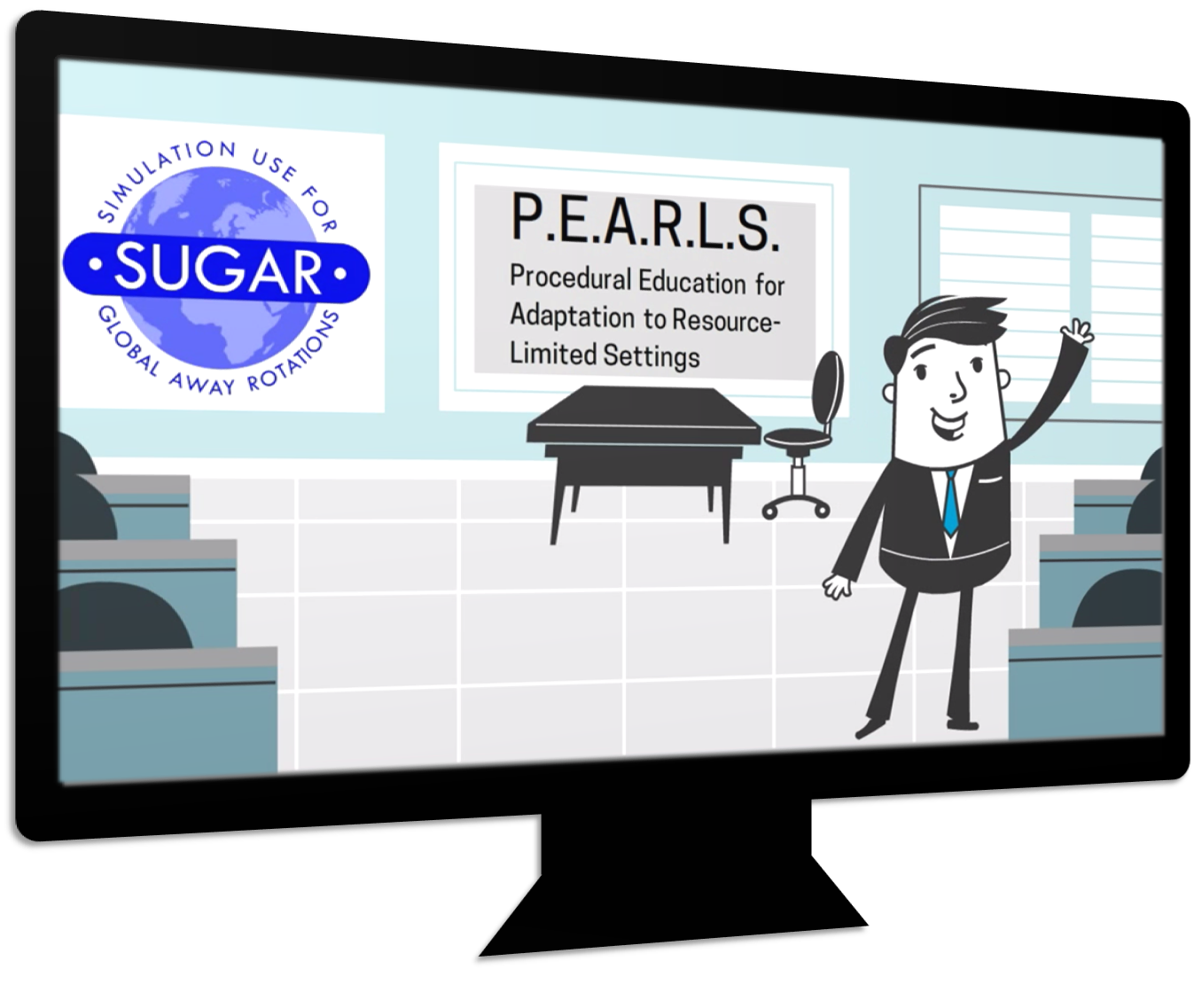
At the 2015 meeting of the Midwest Consortium of Global Child Health Educators (MWC) we identified a common request from our learners - more hands-on training for procedures they were unaccustomed to doing and procedures they were comfortable with but did not have the supplies to perform. Tina Slusher, a pediatric critical care physician, among others in the MWC, has a long history of teaching about how to adapt procedures for resource-limited settings and extensive clinical experience doing this internationally. With Tina’s expertise and the guidance of the original SUGAR co-creators, Mike and Sabrina, Rachel Bensman, a pediatric emergency medicine fellow, led an effort to develop a series of instructional and demonstration videos to known as SUGAR PEARLS (Procedural Education for Adaptation to Resource Limited Settings).
Providers working in resource-limited settings must routinely modify the way they perform procedures using available supplies and creative problem solving. Through an iterative process, the PEARLS work group developed and narrowed a list of procedures requiring this adaptive skillset. With content experts and teams from 3 of the MWC institutions, the group developed 2 videos for each procedure – an instructional video that provides a step-by-step walk through and a demonstration video to see the skill operationalized.
Similar to the original SUGAR curriculum, SUGAR PEARLS was disseminated through national workshops and this website and later published. While have loved hearing how trainees across the country have found this hands-on exposure to be energizing, we have been most humbled by the comments from our colleagues across the globe who have discovered PEARLS and used the videos to help them provide care to their patients.
We have begun the series with a set of ten commonly performed procedures with a focus in pediatrics, but most of the skills discussed are used for adults and children. We anticipate the creation of more videos, relevant to a variety of disciplines, over time.
Want to develop a SUGAR PEARLS video? Have an idea for a procedure that would be helpful to include in the series?
Submit your idea here: ideas@sugarprep.org
"I was thrown into performing an exchange blood transfusion less than 24h after arrival when I hadn't done or participated in one for over 10 years! SUGAR PEARLS EBT video was a lifesaver as it helped us save the baby's brain (and maybe life)."
"We made bubble cpap for a sick baby. I think you need to tell the people who invest the time and effort in these educational endeavors that they save lives and we are all grateful."
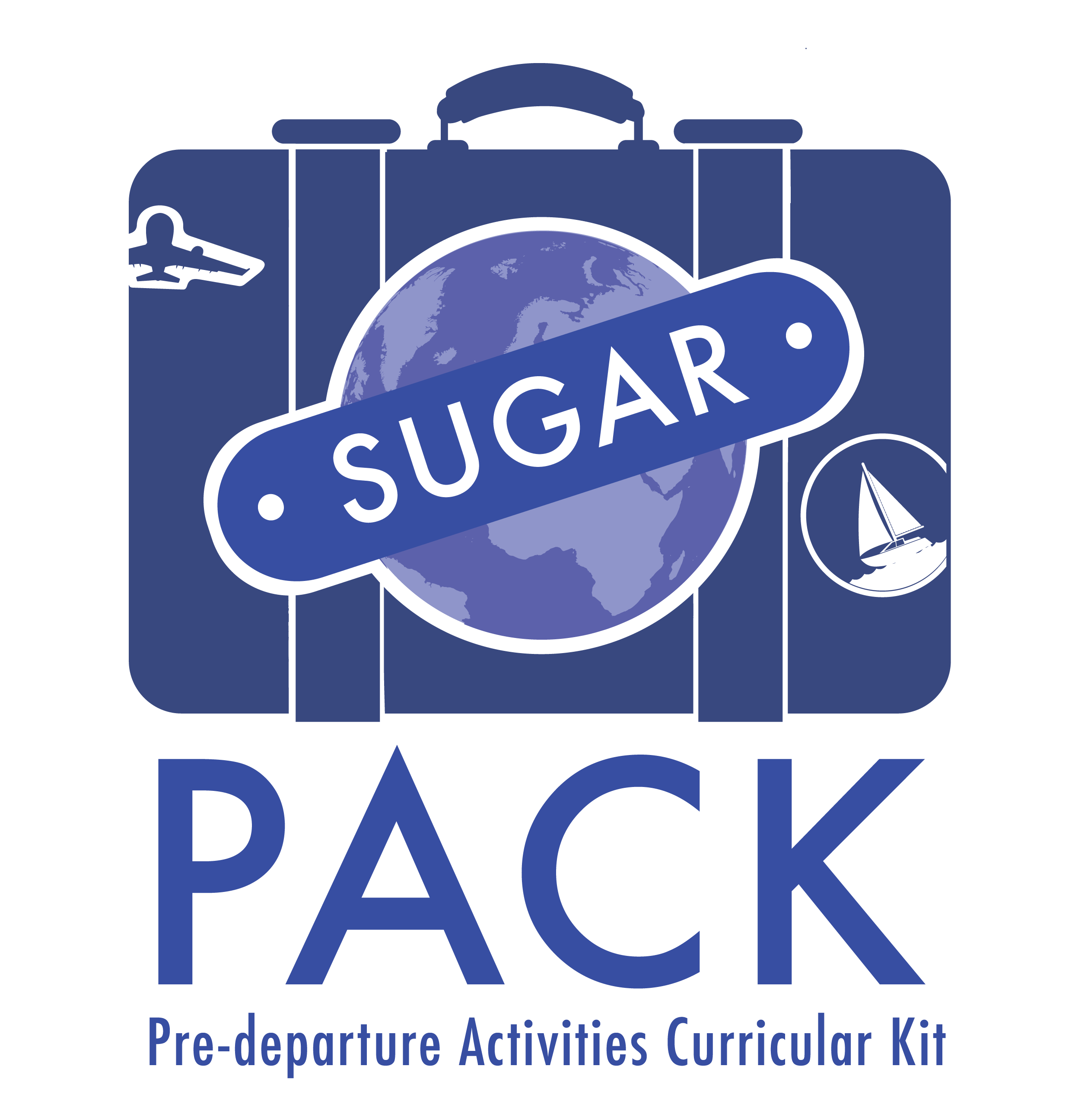
Having implemented the original SUGAR Sim Case series and SUGAR PEARLS at the Midwest Consortium of Global Child Health Educators (MWC) institutions, we set our sights on standardizing a comprehensive global health preparatory course. Building from the Top 10 Considerations for Preparation for Global Health Electives, developed by national global health preparation expert and MWC member, Nicole St Clair, the MWC team set out to develop a comprehensive course that would map to these objectives.
We found that the individual MWC institutions had developed novel curricula aimed at different aspects of the Top 10 Considerations. By bringing together our “greatest hits”, adapting the content, and creating new activities we had the necessary elements to create a comprehensive prep course. We piloted our global health prep “boot camp” in conjunction with the 2017 MWC meeting in Minnesota with a variety of learners (medical students, residents, and practicing providers). This boot camp formed the scaffolding for SUGAR PACK (SUGAR's Prep-departure Activities Curricular Kit; S-PACK). Following the pilot, we refined and expanded the content and rolled it out at the 2018 Association of Pediatric Program Directors meeting.
S-PACK is a modular, modifiable curriculum. The content can be used to create a full day course or facilitators can choose use individual modules or divide the course up over multiple sessions. Each modular element includes a facilitator guide and all of the cases, worksheets, PowerPoint slides or handouts need. Content is provided in a format that can be readily adapted/modified to be specific to one’s institution or partnership. Suggestions for adaptation for different levels of learners are also included.
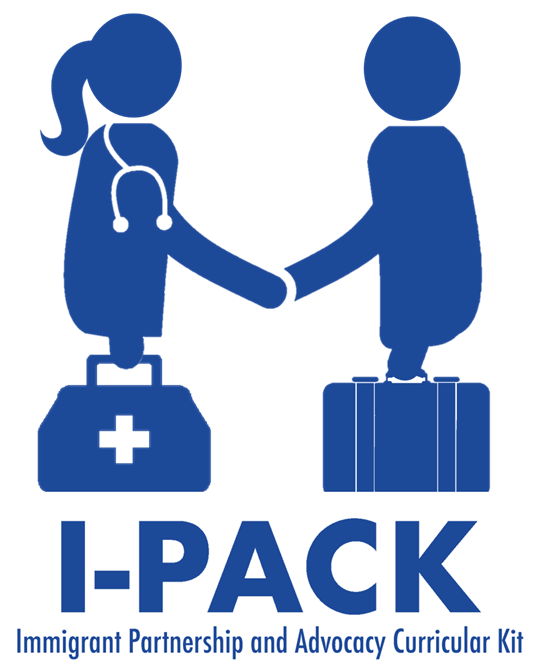
During the 2017 and 2018 meetings, we realized there was a growing interest in immigrant and refugee health among consortium members and trainees. All institutions at the consortium were participating in immigrant and refugee health initiatives. Around this time, we were also seeing political backlash to immigrants and refugees with significant impacts on child health. We decided to leverage the expertise among our consortium members to develop educational and advocacy tools to promote immigrant and refugee health, and I-PACK was born. 20 members and guests from 12 institutions participated in I-PACK’s development.
Like S-PACK, I-PACK is a modular and modifiable curriculum. Content can be used to create a full day course, or be split into individual modules to be delivered over multiple sessions. The content can be easily adapted for virtual and remote learning. Each modular element contains a facilitator guide and all cases, slides, or handouts needed to complete the learning activities. Suggestions for adaptation for different levels of learners are also included.
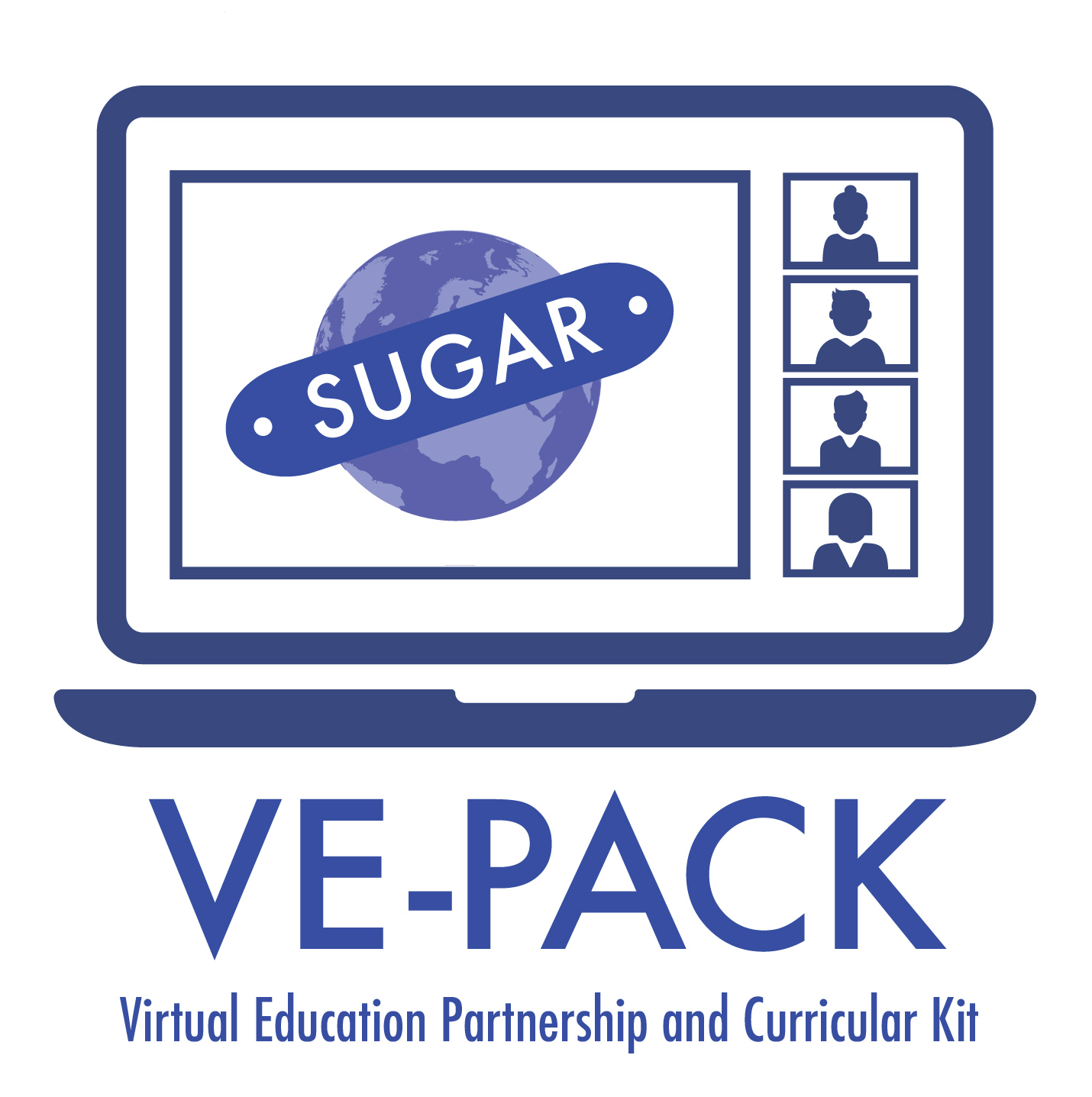
In 2020, the MWC held our annual meeting virtually for the first time. As we realized that the pandemic would limit in-person activities for a long time but our work would continue remotely, we discussed the need to pivot existing global health education activities (GHEAs) to a virtual environment. We identified a gap in existing resources on virtual global health education activities. As a result, the Virtual Education Partnership and Curricular Kit (VE-PACK) was born to provide a primer on virtual global health education activities and virtual adaptations of existing resources resulting from a collaboration among over two dozen educators and institutions.
VE-PACK covers all existing SUGARPREP content and cases that can be reworked for a virtual world and provides detailed facilitator guidance to implement these activities. In addition, MWC members spearheaded innovative virtual GHEAs (i.e. electives, conferences) and VE-PACK provides step-by-step guidance for a successful event. Another module highlights virtual clinical collaborations between institutions, emphasizing equity and partnership. Lastly, tips for virtual events and resources related to global health and education make this a one-stop shop for educators. The information and activities can be adapted for full-day, longitudinal, or elective course options.
While our most effective dissemination tool has been the SUGARPREP website, we have shared the SUGAR story and results of our work in platform and posters presentations at the several national meetings including:
We have detailed some of our SUGAR efforts in the following peer reviewed publications:
The expansion of SUGAR was made possible with the support of the UW Health Clinical Simulation Program and the University of Minnesota’s African Studies Initiative.
Frequently asked questions about the logistics of implementing SUGARPREP